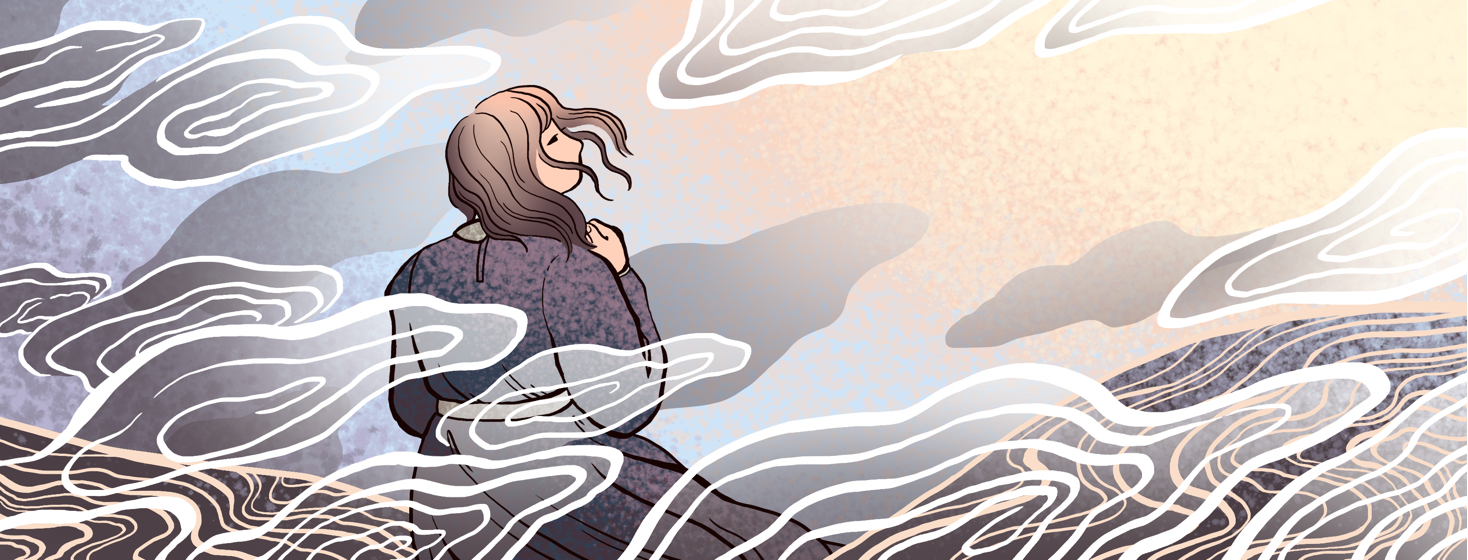The Things We Leave Behind: Eczema & Grief
When we go through any chronic illness, there are so many things we feel we "leave behind," adding an entire element of grief on our journey.
Grieving the life we wanted
Contrary to some people's beliefs, grief doesn't only happen when we lose someone close to us. It also happens when we lose dreams, ideas, and even versions of ourselves and who we used to be.
Like most girls growing up, I dreamed of getting married, having a solid career, and even having a family one day. However, as I got older and dealt with so much illness over the years, I learned that life usually doesn't go as planned.
Events that change the trajectory
Often, the biggest and most profound events in our lives happen by complete surprise. These include both the good and the bad ones in my experience. These events can knock us off of our feet entirely and even crash the entire foundation beneath them. They change the entire trajectory of our life in a split second. But, they are also usually the turning points.
Some of the hardest, most painful, and breathtaking things in my life have happened exactly that way. Getting diagnosed with a chronic health condition is much like that. You learn that your life will never quite be the same again. You learn you'll potentially have to deal with this THING until your very last breath.
Eczema is a life-changing event
One event like this changes our entire life. How could it not? Suddenly, you are no longer just a "normal" person. You are a person who has something "wrong" with them, and in the case of atopic dermatitis, it is very visible to the entire world. It feels much like constantly wearing a sign that says, "I'm broken."
It is one of the first things people notice about you. And let's face it, many judge us by it, too. Even when that's not the case, it can certainly feel that way more often than not.
Adapting to a new "normal"
When other girls were learning about makeup, I was learning about creams and lotions. Instead of carrying lipstick in my purse, I had to learn how to have cream nearby at all times and formed attachments to it very quickly. When other girls were picking out swimsuits and bikinis, wedding dresses, and even sexy lingerie, I was learning to always wear long sleeves and pants to hide my skin. I learned to be the master of disguise and hide all the parts of me I didn't deem "worthy."
As I grew older, I had to grieve these "normal" things. I had to grieve the life that I always thought I would have. Then, I had to grieve my dreams of finishing nursing school and having a stable career. I even had to grieve the person I used to be and the person I thought I would be. Instead, I had to learn to accept and embrace the person I had become through dealing with chronic illness.
There is no going backwards
I used to have this idea that one day, I'd go back to the person I was before my diagnosis of atopic dermatitis and before going through topical steroid withdrawal. It took me a long time to realize that's not how it works, though. It's impossible to resist the transformation that occurs within through this. In fact, the more we try to resist it, the worse things get. Change is inevitable through any chronic illness and even life in general, and I had to learn that's okay, too. I had to learn that maybe life had another plan for me, which was different from what I had intended for myself.
So now I allow myself to grieve when it's necessary. Grieve for all the things I had to leave behind in order to accept the person I am now, as well as the person I have yet to become, and allow my experiences to transform me. After all, the only constant in this life is change, and the more we allow ourselves to flow with those changes, the freer we become.

Join the conversation